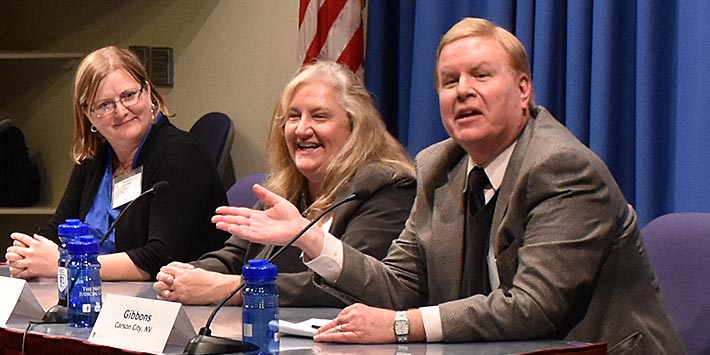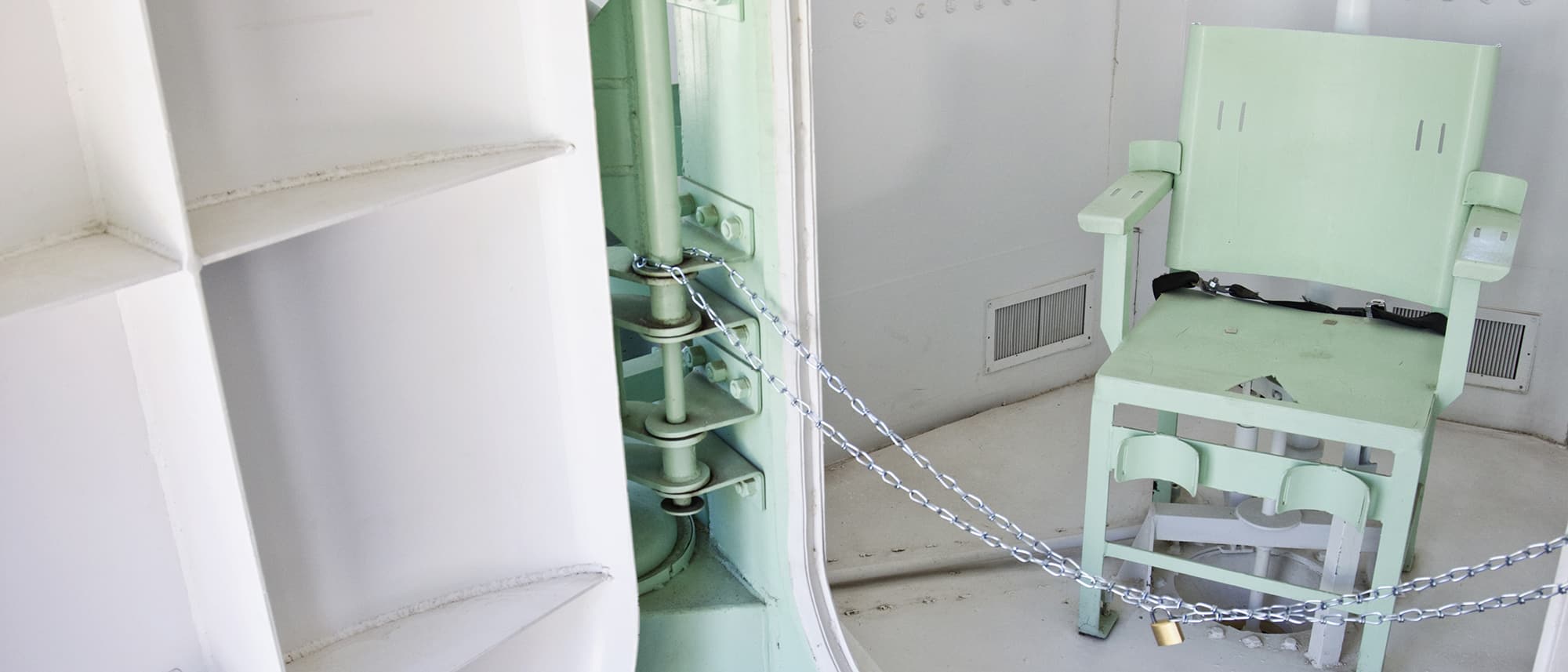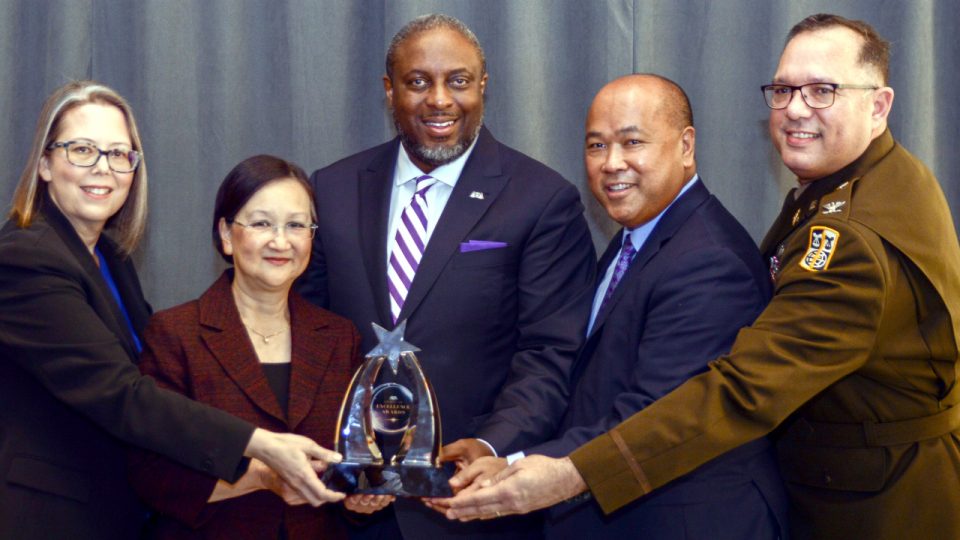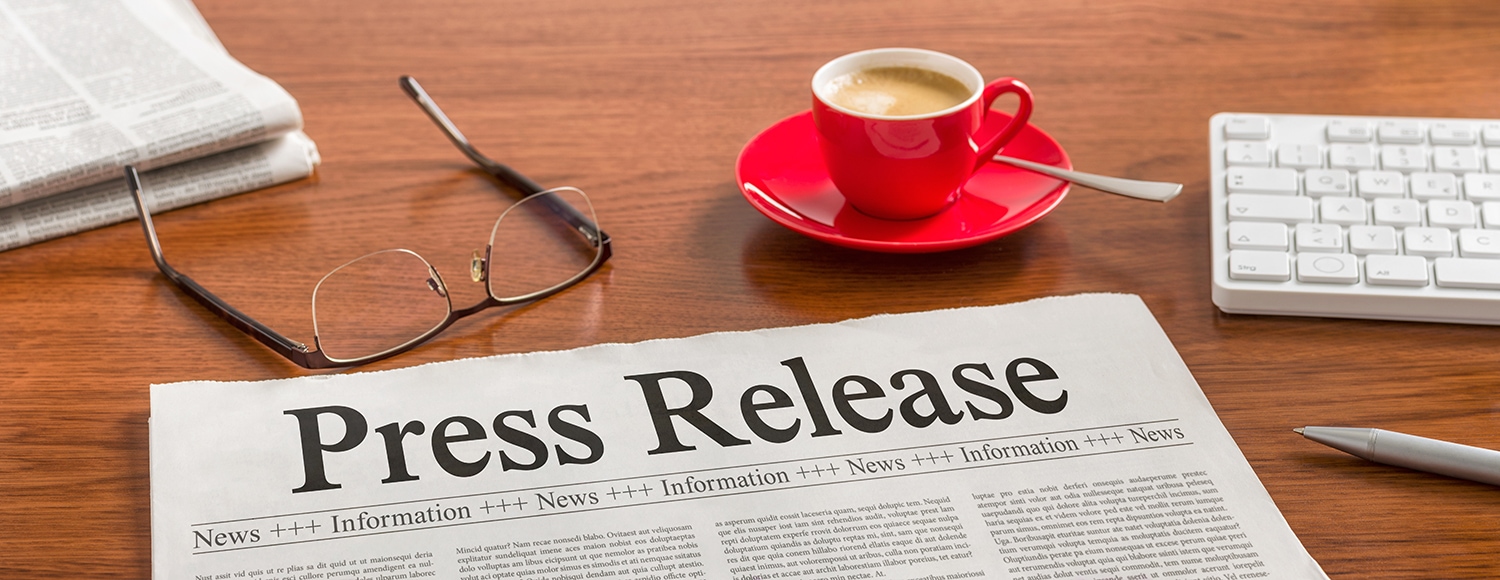

More than 70 new judges received a perspective from the other side of the bench during the NJC’s Spring 2015 General Jurisdiction course. The class in question, Jury Panel, gave attending judges an opportunity to listen to and question three individuals — Ms. Kris Hansen, Ms. Linda Cross, and Nevada State Supreme Court Justice Mark Gibbons — who had recently served on northern Nevada juries. (How did a state supreme court justice end up serving on a jury? Click here.) Facilitated by the Hon. David Shakes of Colorado, the panelists offered a number of ideas judges could embrace to make the jury process, and jurors, more comfortable and effective. Here are a few of the tips:
- Limit cell phone access. Even though judges in the individual trials instructed jurors not to use their cell phones, the panelists noted that several of their fellow jurors still got on their cell phones while in the jury room—and even during deliberations.
- Instruct the jury on certain basic courtroom procedures such as the use of expert witnesses and hypothetical questions. This will give the jurors a better context on how to interpret the testimony when they hear it during the trial.
- Provide a checklist of all mandatory jury instructions which need to be submitted to the jury even if they were not offered by counsel.
- Give special emphasis to the admonishment instruction that jurors are not supposed to engage in independent research or to speculate about any facts which are not admitted into evidence.
- Request jurors to re-read the written jury instructions prior to commencing deliberations.
- If there are significant time delays where jurors are left alone in the jury room, inform them of the reasons while the delay is in progress. This reduces the speculation that inevitably occurs among jurors.
- If jurors submit questions to the judge that cannot be answered — perhaps because they are inappropriate — communicate that to them. If no follow up communication is made, jurors may feel slighted because their questions were ignored.
- With particularly gruesome video or photographic evidence, be mindful of jurors who may become increasingly disturbed by repeated viewings of the graphic images.
- Go sit in your own jury box. Take in the view of the courtroom from the jurors’ perspective to become aware of what might impact their sightlines during the course of a trial.
And Justice Gibbons had some specific advice for legal professionals who are selected to serve on a jury: take a back seat in the deliberations. Justice Gibbons noted he made it a point to discourage the jurors from looking to him to clarify points of law. He also made sure to cast his vote last so as not to unduly influence his fellow jurors. On one count, he recounted, the vote was 11-to-1 with his being the lone holdout. He subsequently changed his vote. Gibbons called sitting on a jury “a fulfilling experience.”
General Jurisdiction will be offered again October 19-29, 2015 in Reno, NV. Click here to learn more about all the courses the NJC offers.

RENO, Nev. (Jan. 26, 2024) — The nation’s oldest, largest and most widely attended school for judges �...

RENO, Nev. (Feb. 7, 2024) — National Judicial College President & CEO Benes Z. Aldana received the Am...

It’s the bear, by a clear majority. A bear to be called Bearister. January’s Question of the Month* ...


Retired attorney Rob Hunter, whose long legal career in Alabama included providing legal representation to ...